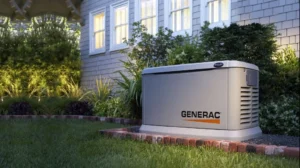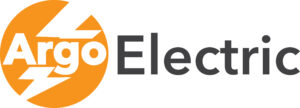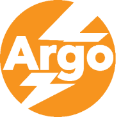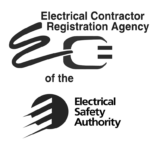 WHAT IS A BACKUP GENERATOR?
WHAT IS A BACKUP GENERATOR?
A backup generator is a device that provides an alternate power source for a home in case of a power outage. It is connected to the home’s electrical system and automatically turns on when it detects a loss of power from the main utility company. Once activated, the generator will provide electricity to the home’s essential systems and appliances, such as lights, refrigerators, and HVAC systems. This allows the homeowners to continue to live comfortably in their home during a power outage without losing power to essential systems. Backup generators can be powered by a variety of fuel sources, such as natural gas, propane, or diesel, and are typically installed outside the home.
Residential Backup Generators: The Key to Uninterrupted Power Supply
The modern world is heavily dependent on electricity. From our homes to our workplaces, we rely on electrical power to keep our lives running smoothly. But what happens when there’s a power outage? In such a scenario, a residential backup generator can be a lifesaver.
A residential backup generator is a type of generator that provides power to a home during a power outage. They can run on either natural gas or propane and are designed to automatically turn on and supply power to essential appliances and systems within seconds of a power failure.
Advantages of Residential Backup Generators
Reliable power supply: A backup generator provides reliable power during an outage, ensuring that essential appliances such as refrigerators, lights, and heating/cooling systems continue to function.
Peace of mind: With a backup generator, homeowners can have peace of mind knowing that their power needs will be met in the event of an emergency.
Increased safety: In case of a power outage during severe weather conditions, a backup generator can provide a safer environment by powering lights, heating and cooling systems, and other essential appliances.
Protects food and medicine: A backup generator can keep refrigerators and freezers running, helping to protect perishable food and medicine from spoilage.
Increased property value: A backup generator can increase the value of a home, making it a worthwhile investment for homeowners.
Factors to Consider when Choosing a Residential Backup Generator
Fuel type: Decide on the fuel type that best suits your needs and budget. Natural gas is typically less expensive, but propane may be a better option if you live in an area with limited natural gas access.
Power output: Choose a generator that can supply enough power to run your essential appliances and systems during an outage.
Size: Consider the size of your home and the amount of power you will need during an outage when choosing a generator.
Installation: Consider the cost and complexity of installation when choosing a backup generator. Some models can be installed by homeowners, while others may require professional installation.
Maintenance: Regular maintenance is essential for ensuring the reliable operation of a backup generator. Consider the cost and ease of maintenance when choosing a generator.
In conclusion, a residential backup generator can be a lifesaver during a power outage, providing reliable power and peace of mind. When choosing a backup generator, consider factors such as fuel type, power output, size, installation, and maintenance. Investing in a backup generator can increase your property value and ensure that your essential appliances and systems continue to function during a power failure.


